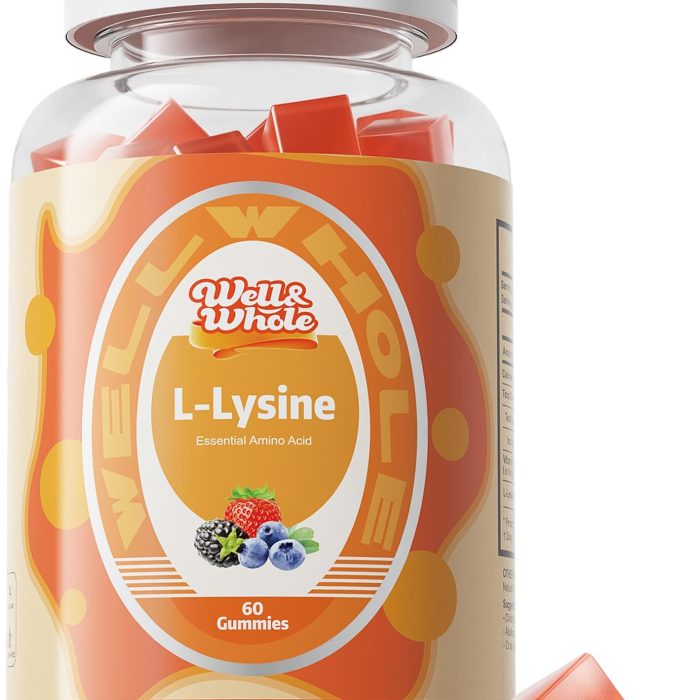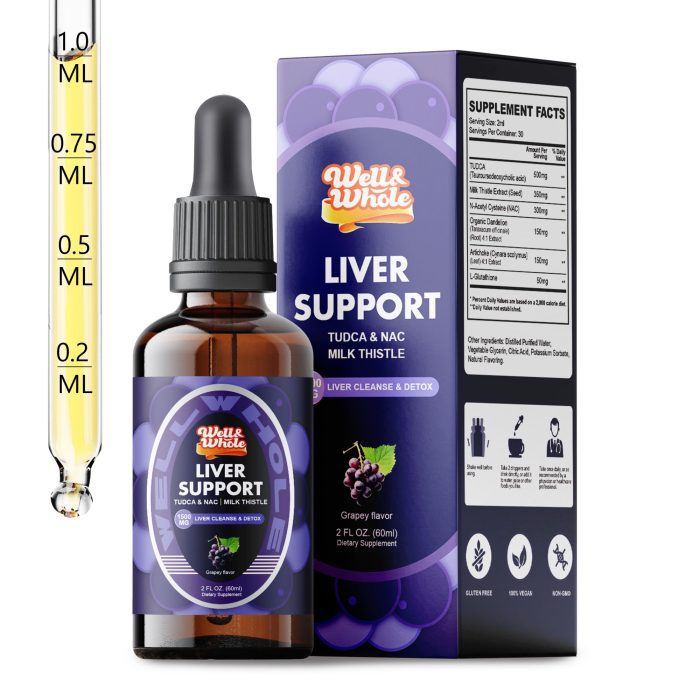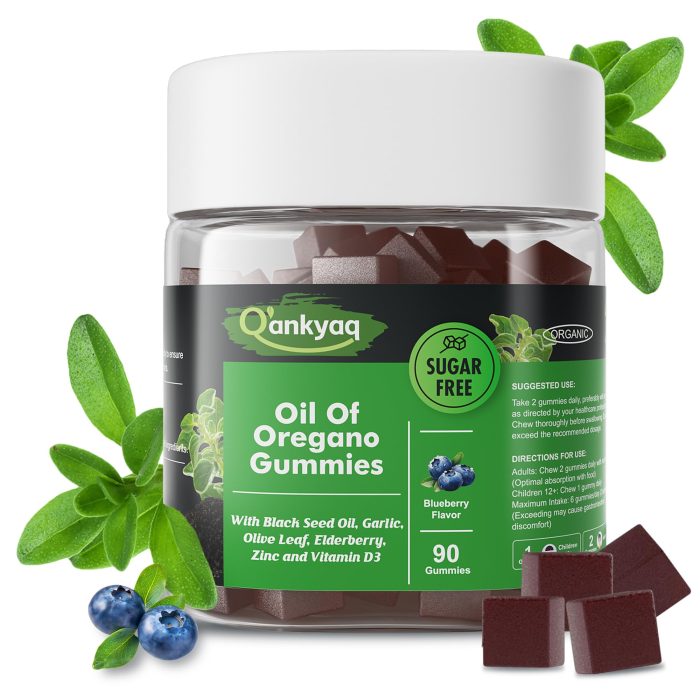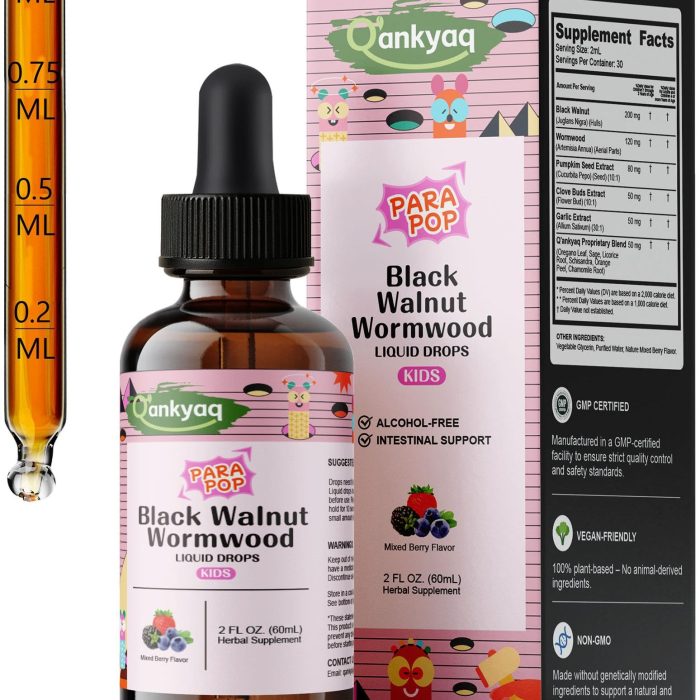Understanding the Key Differences Between Lysine and Leucine: Your Guide to Better Health Choices
When deciding on the right nutrients or supplements to support your health, understanding the unique roles of individual amino acids is crucial. Lysine and leucine are two essential amino acids commonly found in foods and supplements. While both are vital for maintaining optimal bodily functions, their roles, benefits, and applications differ significantly. At Well&Whole, we prioritize your understanding of these differences to help you make informed health decisions.
Lysine: The Immune System Guardian
Lysine is an essential amino acid, meaning that the body cannot produce it on its own and must obtain it from dietary sources or supplements. It plays a critical role in building proteins, supporting connective tissues, and aiding calcium absorption. One of lysine’s most prominent benefits is its ability to boost the immune system and combat stress-related disorders.
Additionally, lysine is recognized for its antiviral properties, particularly in fighting herpes simplex virus outbreaks. Studies have shown that lysine supplementation can reduce the duration and severity of cold sores caused by this virus. This amino acid is also vital for the production of carnitine, a compound that converts fatty acids into energy and helps maintain cholesterol levels.

Sources of lysine include lean meats, fish, eggs, beans, soy products, and lentils. For active individuals or those recovering from illness, lysine supplementation from trusted brands like Well&Whole can complement a balanced diet and provide targeted support.
Leucine: The Muscle-Building Amino Acid
While lysine excels in supporting Immune Health, leucine’s claim to fame lies in its role as a muscle-building powerhouse. As one of the three branched-chain amino acids (BCAAs), leucine is a critical component in protein synthesis, enabling muscle repair and growth. This makes it particularly popular among athletes, bodybuilders, and individuals looking to preserve lean muscle mass during weight loss.
Leucine is also integral to regulating blood sugar levels and improving insulin sensitivity. Its ability to activate mTOR signaling (a key pathway for cellular growth) has been heavily researched, highlighting its importance in muscle recovery and metabolic health.
Foods high in leucine include chicken, beef, salmon, dairy products, and legumes. Supplementation can be invaluable for active lifestyles, especially when paired with leucine-rich products from Well&Whole that prioritize efficacy and convenience.
Why Do These Differences Matter?
While both lysine and leucine are indispensable, understanding their individual benefits lets you tailor nutrients to specific health goals. If your focus is bolstering immunity, preventing viral infections, or supporting bone health, lysine should be at the forefront. Conversely, if you’re seeking enhanced muscle growth, improved recovery from exercise, or better metabolic control, leucine is the amino acid to prioritize.
It’s also worth noting that lysine and leucine should not be viewed as interchangeable. Their distinct biochemical functions mean that both amino acids play non-overlapping roles within the body. For example, while leucine may support muscle synthesis, lysine does not share this benefit. Similarly, leucine does not offer the antiviral properties that lysine provides.
How to Choose the Right Supplement?
When selecting amino acid supplements, quality matters. At Well&Whole, we combine scientific research with premium formulations to deliver products that optimize health outcomes. Whether you’re focused on immunity enhancement or muscle recovery, we offer targeted supplements that cater to your unique needs.
Here are a few tips for making the right choice:
- Determine Your Goals: Identify whether your priority is muscle growth, immune support, or general wellness.
- Look for Purity and Quality: Ensure the supplement contains high-quality lysine or leucine without fillers.
- Consider Combination Formulas: Some products may pair lysine with calcium for bone health or leucine with BCAAs for muscle recovery.
- Check the Dosage: Ensure the product matches recommended daily levels – typically 1,000–3,000 mg for lysine and similar for leucine.
The Science Backing Lysine and Leucine
Scientific studies continually reinforce the unique benefits of these amino acids. For example:
- Lysine has been shown to improve calcium absorption by up to 40%, reducing risk factors for osteoporosis.
- Leucine has demonstrated the ability to increase muscle protein synthesis rates by 30%, especially when taken post-workout.
Such findings emphasize the importance of integrating amino acids strategically into your wellness routines.
Elevate Your Health with Well&Whole
In the fast-paced world of supplements, differentiation matters. Amino acids like lysine and leucine don’t just serve general health—they empower targeted improvements, whether in immunity, energy, or physical performance. At Well&Whole, we’re committed to making sure you’re equipped with high-quality amino acid options backed by science.
Whether you’re looking to strengthen your immune defenses or maximize your fitness potential, understanding the differences between lysine and leucine gives you the competitive edge to optimize your health journey. Invest in your well-being today with Well&Whole!
As health and fitness continue to gain prominence, knowing more about how amino acids function will empower smarter choices. Whether you want lean muscles or robust immunity, lysine and leucine are here to help—each in its unique way.









